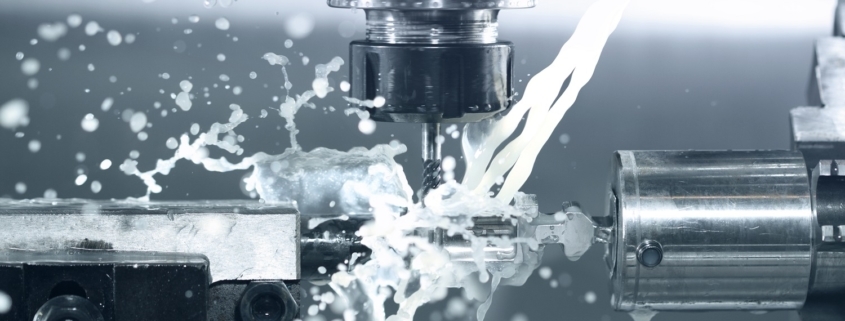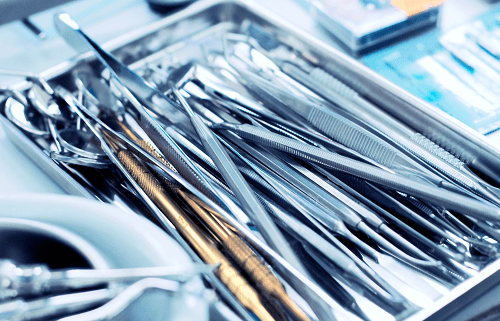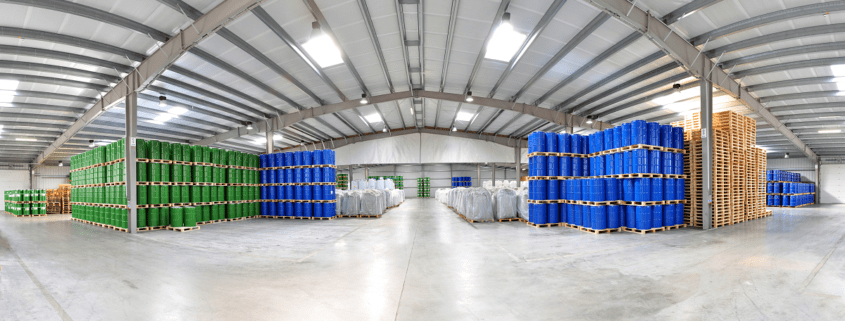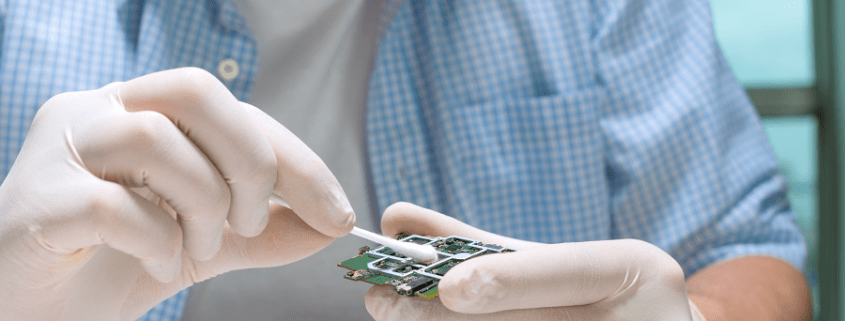Selecting Medical Cleaning Solvents: 3 Crucial Considerations
When we think of what leads to good health outcomes in medical patients, any number of medical procedures could come to mind. But behind those procedures, helping to make them effective, are medical cleaning solvents for equipment ranging from scalpels to electronic diagnostic machines.
We rarely think of medical cleaning solvents as playing an important role in health outcomes. However, as the following three considerations for choosing medical solvents demonstrates, medical cleaning solvents can indeed underpin health outcomes for better or worse.
- High or Low Flashpoint
The flashpoint of a solvent is the temperature at which it combusts. If there are no ignition sources in the environment where they are used, low flashpoint solvents are relatively safe.
An example of when using a low flashpoint solvent (e.g., one with a high concentration of isopropyl alcohol) would not be safe, is spot cleaning the skin of a patient while he or she undergoes an electrocautery procedure, cleaning skin near the point of the procedure.
- Ability to Kill Microbials
Especially when choosing medical cleaning solvents for surgical utensils and other medical equipment that directly contacts patients, it’s important to use solvents that kill four elements: viruses, bacteria, fungi, and bacterial spores.
Choosing a solvent that kills all of these microbial elements can be tricky. For example, isopropyl alcohol (IPA) kills viruses, fungi, and bacteria, but not bacterial spores.
As the Centers for Disease Control and Prevention (CDC) note, “Steam under pressure, dry heat, EtO gas, hydrogen peroxide gas plasma, and liquid chemicals” are often used to kill microbials. Ecolink can provide custom chemicals that fully sterilize medical equipment and instruments to help prevent health outcomes that opportunistic infections complicate.
- Material Compatibility
To get the best result, cleaning the rubber and plastic parts on medical equipment can require using a different cleaner than one used to remove soils from metal in the equipment. For example, IPA can clean most metal parts well, but repeated use can prematurely age certain grades of plastic and rubber, causing them to malfunction during medical procedures.
Using two cleaners for a single piece of equipment may be logical, but it’s also a hassle. If you can’t find a stock solvent that cleans multiple materials without corroding some of them, inquire with Ecolink about producing a custom formulation.
Need Medical Cleaning Solvents?
If so, you can choose from hundreds of solvents that fall within this category. If you operate a hospital, finding a single medical cleaning solvent to meet all of you solvent needs is unlikely.
This is why many healthcare organizations turn to Ecolink for assistance identifying and procuring the right solutions. What’s more, when you work with us, you receive solutions that are environmentally preferred, containing no ingredients that the Environmental Protection Agency (EPA) is scheduled to regulate.
To get started on selecting the right medical cleaning solvents for your requirements, call us today at 800-563-1305, or send us an email through our contact form. We look forward to supplying you with best-in-class solvents!





